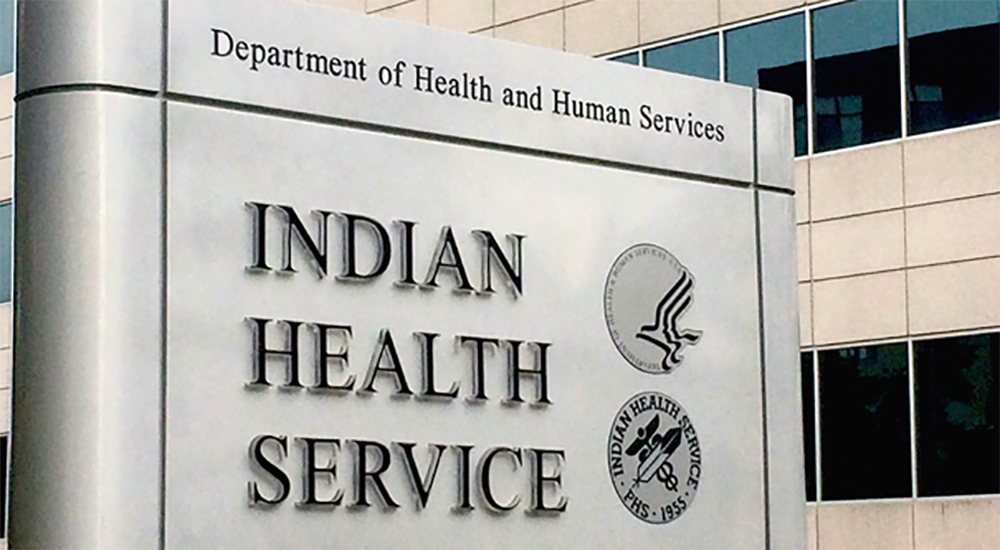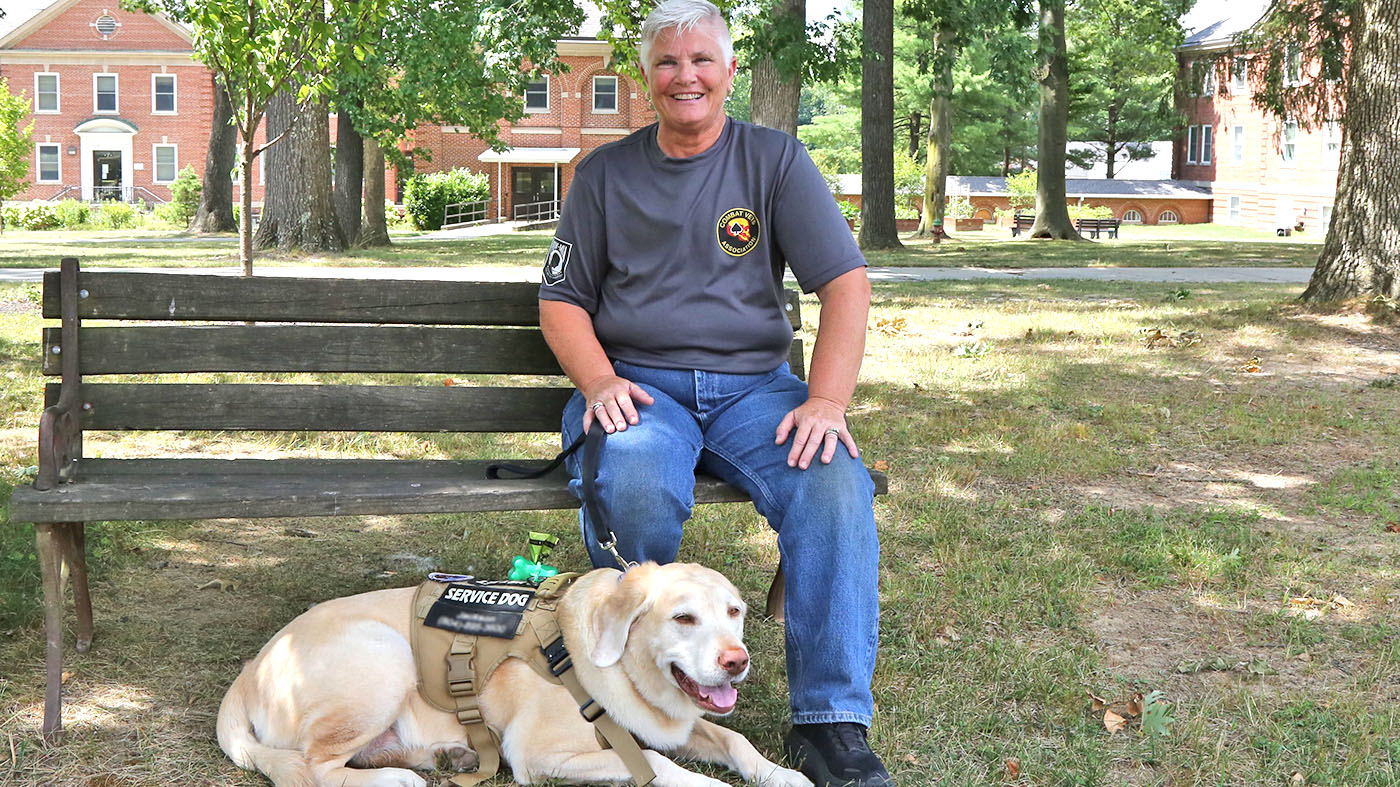For nearly 145,000 American Indian and Alaska Native (AI/AN) Veterans, accessing quality health care can be an uphill battle.
Studies show that AI/AN Veterans experience a variety of health conditions. Those include a post-traumatic stress disorder (PTSD), depression and diabetes – at higher rates than their white counterparts.
To complicate matters, many AI/AN Veterans live in remote parts of the country. There, they face long travel times to appointments and have fewer options for care. These additional roadblocks can take a further toll on these Veterans’ mental and physical health.
In recognition of these challenges, VA’s Office of Rural Health (ORH) manages a collaborative partnership between VA and the Indian Health Service (IHS). It has a single fundamental purpose: to improve the health and well-being of America’s AI/AN Veterans.
Agreement updated to maximize services to AI/AN Veterans
ORH established the partnership in 2003. A Memorandum of Understanding (MOU) governs the partnership. The agreement allows the agencies to share resources and maximize their impact in serving AI/AN Veterans. Signatories recently updated the MOU in 2021 after an extensive 90-day tribal consultation period. During the consultation period, they gathered feedback from key tribal stakeholders on how to best serve AI/AN Veteran populations.

The partnership creates a seamless patient experience where AI/AN Veterans are understood and respected.
The newly updated 2021 MOU allows both agencies to collaborate under the four mutual goals of:
- Access: Increase access and improve quality of health care and services for the benefit of eligible AI/AN Veterans served by VA and IHS.
- Patients: Facilitate enrollment and seamless navigation for eligible AI/AN Veterans in VHA and IHS health care systems.
- Information Technology: Facilitate the integration of electronic health records and other Health Information Technology systems that affect the health care of AI/AN Veterans.
- Resource Sharing: Improve access for patient populations through resource sharing, including technology, providers, training, human resources, services, facilities, communication and reimbursement across nine states.
Key accomplishments in historic collaboration
Over nearly two decades, the MOU has helped guide this historic collaboration between VHA and IHS. The resulting key accomplishments include:
- Access to care: Established agreements allow VA to reimburse IHS for care that AI/AN Veterans receive at IHS and Tribal Health Program facilities, enabling patients to receive care at the most convenient facility. Since agreements were established, nearly $149 million has been reimbursed by VA to IHS and THPs. That money goes toward care to almost 14,000 AI/AN Veterans.
- Access to medication: Eligible AI/AN Veterans can avoid burdensome travel and request medication delivery through VA’s mail-out pharmacy services. These services cover medications prescribed at IHS and THP facilities. Since services were extended, the program has processed nearly 6.8 million prescriptions for AI/AN Veterans.
- Access to transportation: VA’s Highly Rural Transportation Grant (HRTG) program provides funds to organizations to transport Veterans in highly rural areas to their medical appointments. It regularly extends its services to dozens of tribal communities across the country.
In the most recent fiscal year, the HRTG program served 26 tribal communities across nine states.
Under the new MOU, VA and IHS will build upon these past successes to create a seamless patient experience. There, AI/AN Veterans feel understood and respected when receiving care across VA and IHS facilities.
To learn more about the newly updated VA-IHS MOU, read this VA news release and visit the VA Office of Rural Health website.
Topics in this story
More Stories
Combat Veteran faces the traumatic events of her PTSD during prolonged exposure therapy and looks forward to the days to come.
Bob Jesse Award celebrates the achievements of a VA employee and a team or department that exemplifies innovative practices within VA.
The Medical Foster Home program offers Veterans an alternative to nursing homes.






